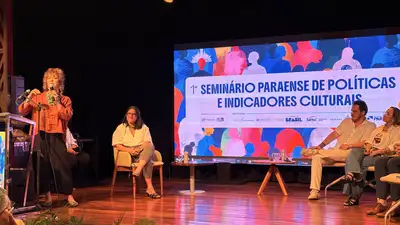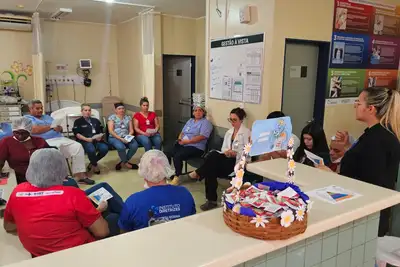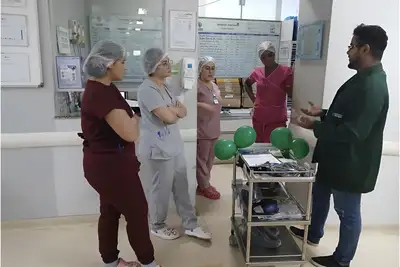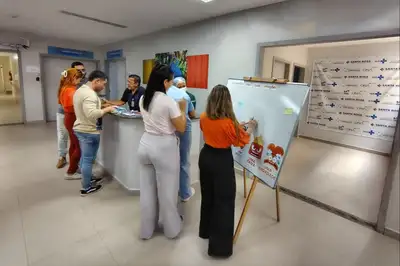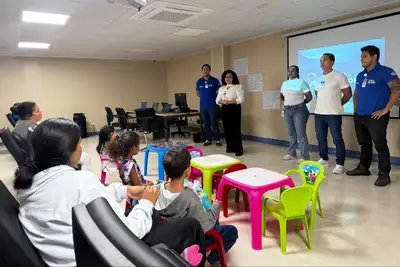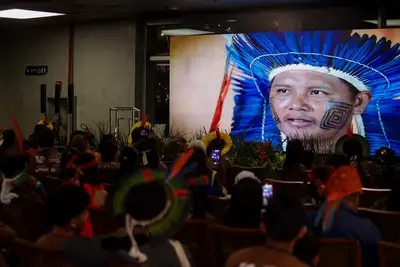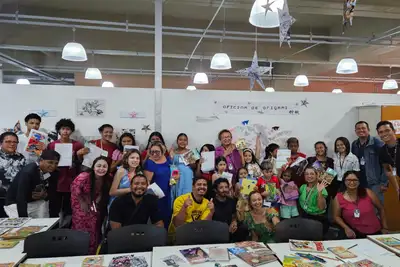Ideflor-Bio leads the number of approved projects at the Pará Pavilion of COP30
With 25 selected works, the Institute will bring to the conference topics such as bioeconomy, sustainable management, recovery of degraded areas, and participatory management of conservation units
The Institute of Forest Development and Biodiversity of Pará (Ideflor-Bio) was the institution with the highest number of approved projects among the applications from public, private, and third sector entities to compose the Pará Pavilion, in the Green Zone of the 30th United Nations Conference on Climate Change (COP30), which will be held in Belém, from November 10 to 21. With 25 selected works, the agency reaffirms Pará's protagonism in the global environmental agenda.
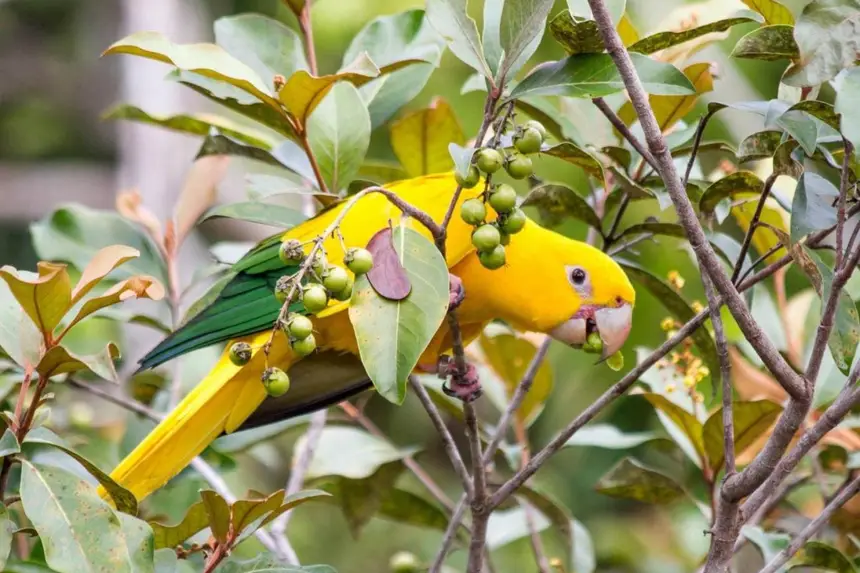
The official list with the 342 approved events was released last Saturday (25) by the State Secretary of Environment, Climate and Sustainability (Semas), responsible for coordinating the Pará Pavilion. The selection considered the technical quality, thematic relevance, and contribution of the proposals to the State's environmental policies. The space will have a daily program aimed at promoting dialogue between governments, communities, the private sector, and civil society on concrete solutions for the climate crisis and sustainable development of the Amazon.
“The result reflects the technical and institutional commitment of Ideflor-Bio to the State's environmental agenda and the future of the Amazon. Being present with so many projects in the Pará Pavilion is a demonstration of our capacity to propose concrete, integrated solutions based on science and social participation. COP30 will be a great showcase to show the world what Pará is doing to conserve its biodiversity and promote sustainable development,” said the president of Ideflor-Bio, Nilson Pinto.
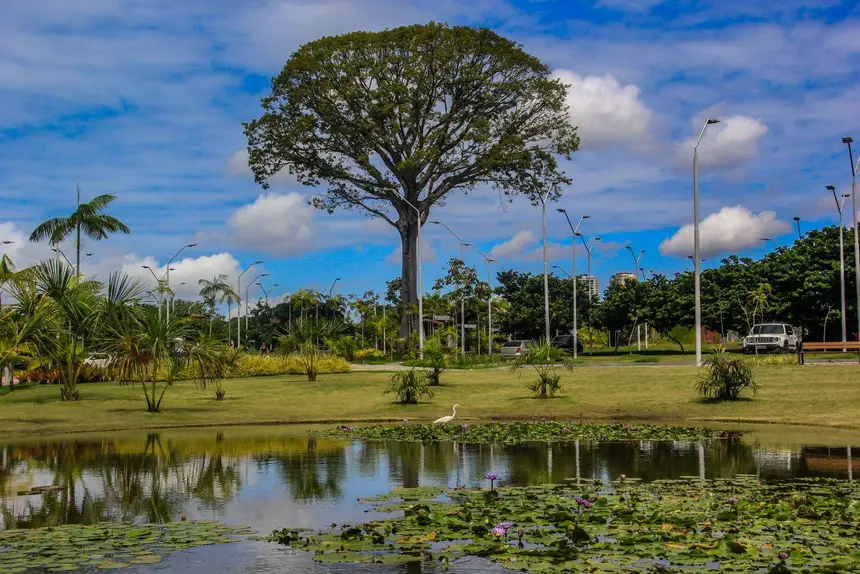
Diverse themes - Among the topics that Ideflor-Bio will bring to COP30 are bioeconomy, forest restoration, sustainable management, environmental education, recovery of degraded areas, and participatory management of conservation units. Each of the Institute's technical directorates had at least three approved works, demonstrating the breadth and integration of the environmental policies developed by the agency.
Among the selected projects are “Forest Coworking: Integration of Timber Concessions and Community Extractivism in the Paru Flota,” which proposes a new approach to the multiple use of public forests; “Biocultural Restoration and Forest Seed Chain: Knowledge, Art, and Community Governance of the Living Forest,” which values community protagonism in ecological restoration, and “Environmental Protection Quotas (CPA): Public Policy to Boost Environmental Regularization of Rural Properties,” a pioneering initiative that connects conservation and land regularization.
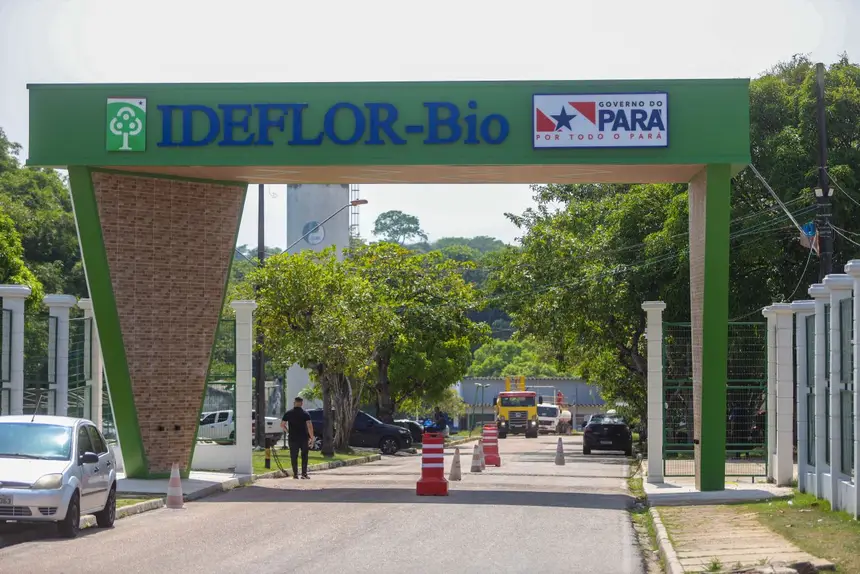
Other highlights include the projects “Reintroduction and Monitoring of Ararajubas in Utinga State Park and Protected Areas of the Metropolitan Region of Belém,” a symbol of the recovery of threatened species in the Amazon; “Voices that Care: the Power of Social Participation in the Management of Conservation Units,” which highlights the role of communities in environmental management, and “Environmental Education in Utinga State Park: Awareness and Regeneration in the Amazon Metropolis,” which shows the transformative power of education for urban engagement in the climate agenda.
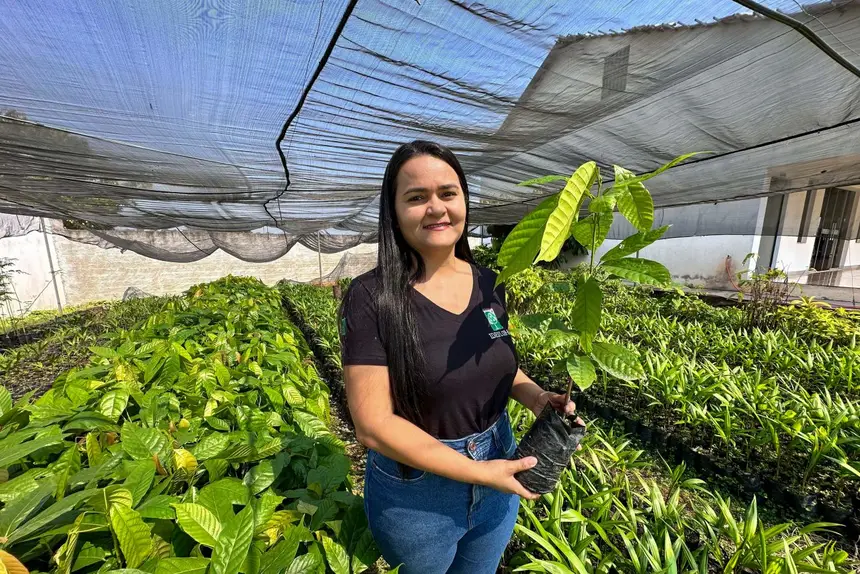
Amazon at the center of the globe - The Green Zone of COP30 is the space dedicated to civil society and innovation, coordinated by the host country. In it, local governments, non-governmental organizations (NGOs), companies, universities, and communities share experiences, technologies, and inspiring projects. The Blue Zone is the official space for international negotiations, managed by the United Nations (UN), where heads of state and diplomatic delegations define agreements and global policies for mitigating climate change.
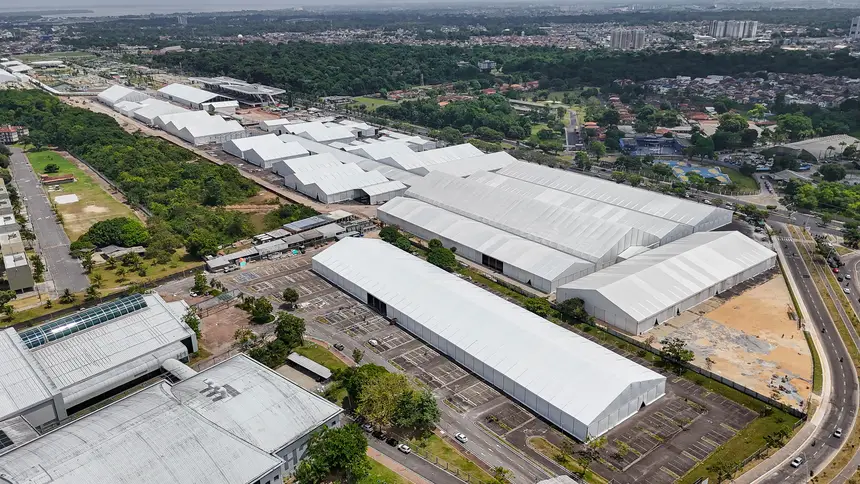
For the director of Biodiversity of Ideflor-Bio, Crisomar Lobato, the Institute's protagonism at COP30 reinforces Pará's strategic role in forest conservation and the construction of sustainable solutions from the territory. “The initiatives presented demonstrate how the management of state conservation units and the strengthening of community-based bioeconomy directly contribute to achieving climate goals and the well-being of local populations,” he highlighted.


